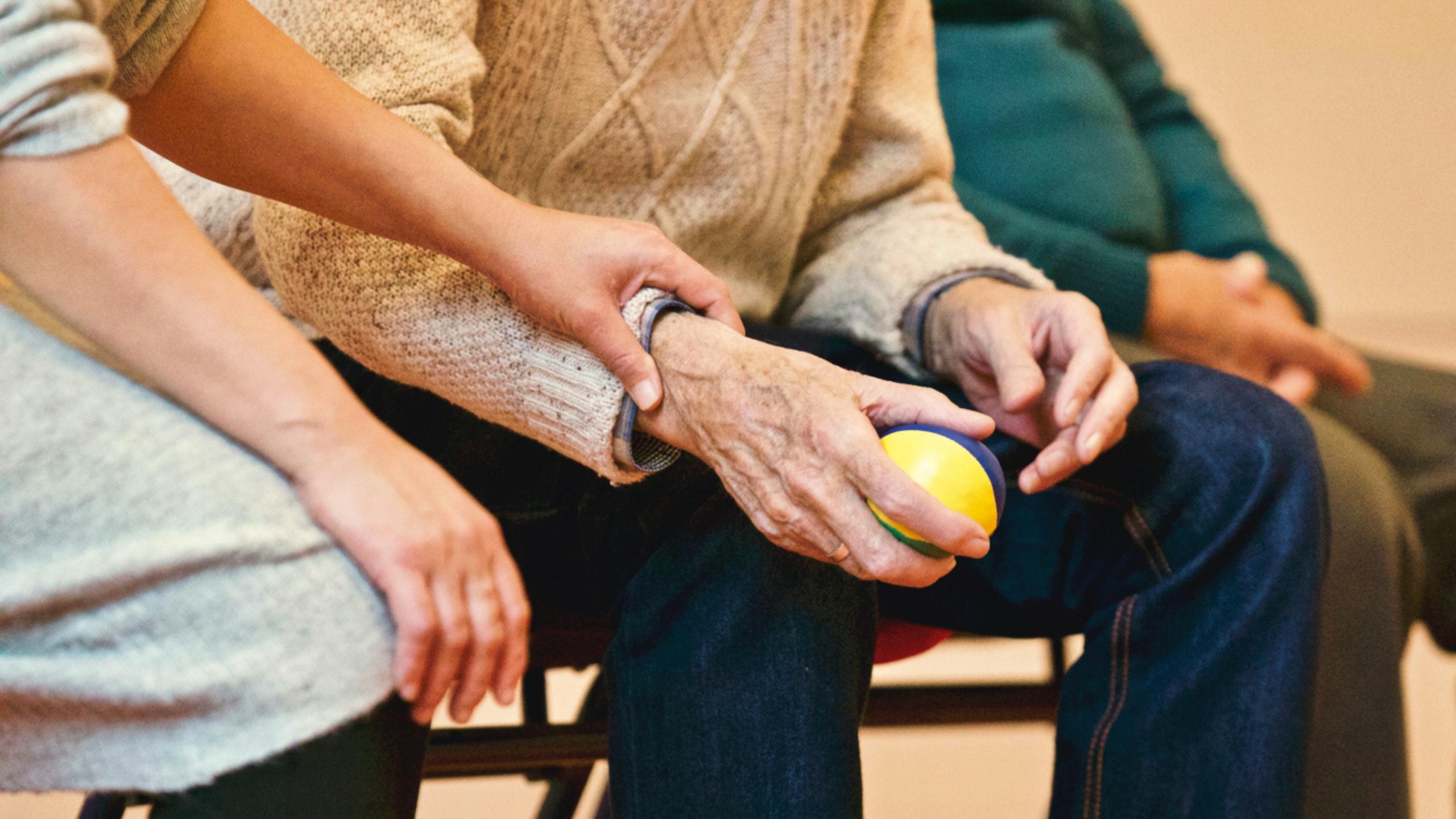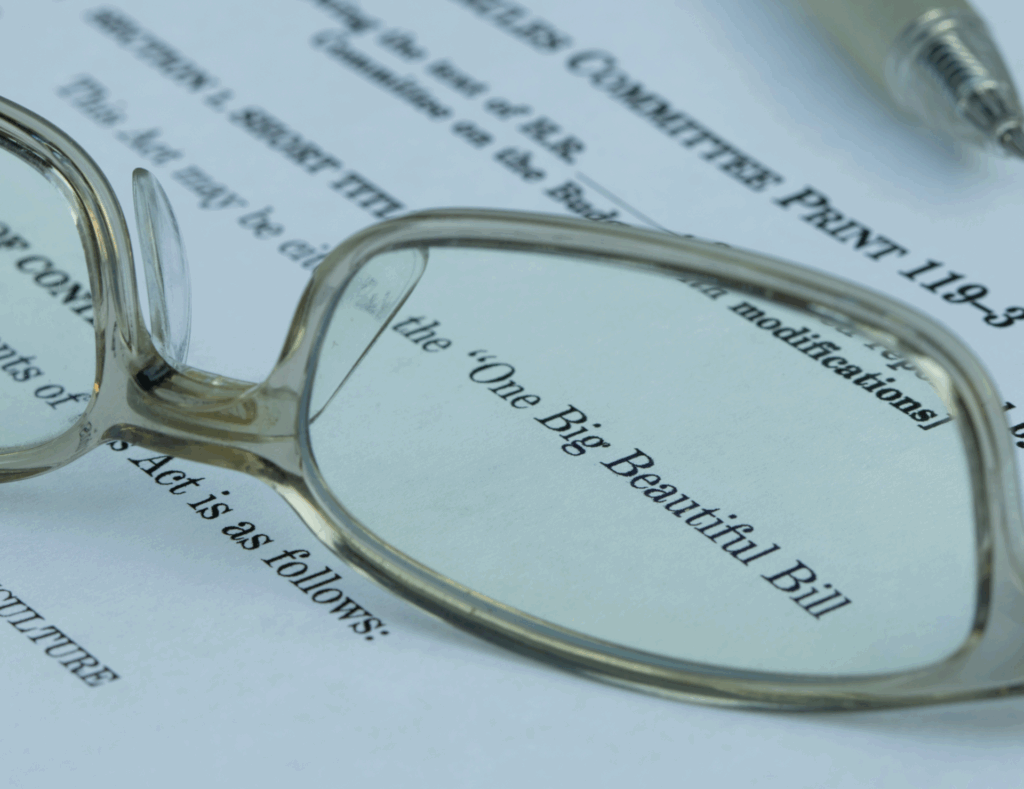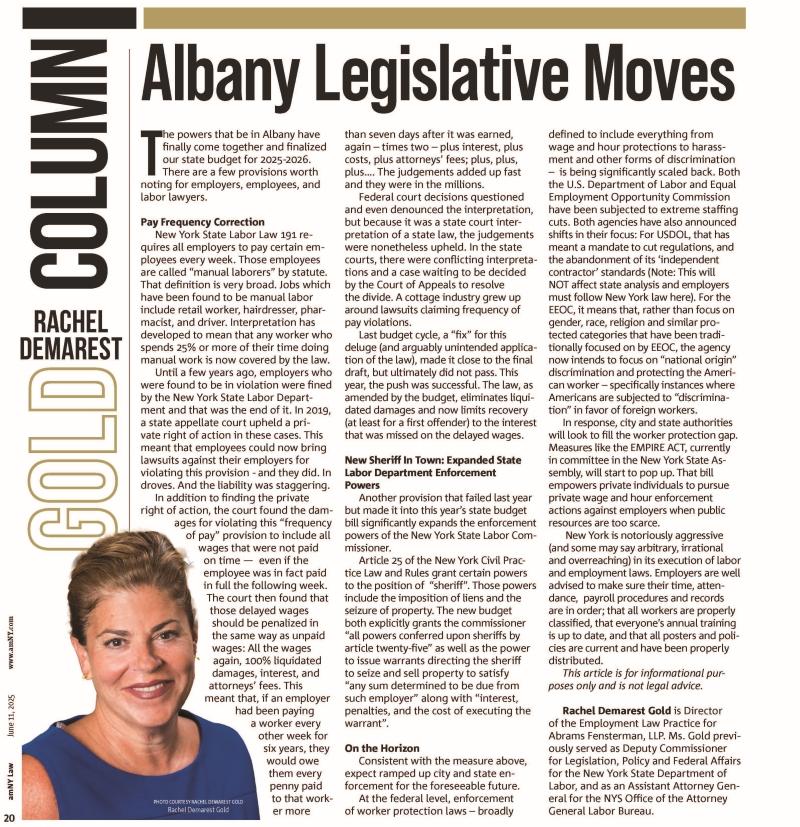As a nursing home attorney who previously worked at Legal Services for the Elderly, and then as an elder law attorney, I know may be seen as having “switched sides. “I used to represent health care consumers, and now I represent health care providers; however, I try not to look at it that way, almost always, the interests of health care consumers and providers converge.
Skilled nursing facilities and the residents who occupy them have a shared interest in giving and receiving high quality care, and in having Medicaid pay for that care when warranted. On the issue of reimbursement, nursing homes and residents alike celebrate the arrival of a Medicaid budget in the mall.
That said, dissension is inevitable when a nursing home resident’s debt to the facility continues to mount while the resident tries to establish his or her eligibility for Medicaid. As the nursing home presses for payment, the resident often insists that Medicaid should cover the charges. When the resident refuses to pay for care that he or she maintains should be covered by Medicaid, the nursing home is often unwilling to continue to provide care without getting paid for doing so.
The potential for conflict is apparent, and the time can come when the provider and consumer have to go to their respective corners. The provider asserts a right to pursue collection of an unpaid bill, and the consumer insists on the right to seek third party coverage of the debt. Despite having been told by more than one elder law attorney that nursing homes are not permitted to exercise legal measures to collect private payment on the accounts of Medicaid-pending residents, I have not yet been referred to any persuasive legal authority to this effect.
A. Relevant Regulations
The regulation most often cited as authority in New York for the prohibition against suing Medicaid-pending nursing home residents for collection is 10 N.Y.C.R.R. §415.3(b). Within this regulation are two subsections that elder law attorneys have argued limit a provider’s right to pursue a Medicaid applicant or appellant for private payment.
1. 10 N.Y.C.R.R. § 415.3(b)(2)
This subsection of the regulations prohibits nursing homes as follows:
“The nursing home … shall not charge, solicit, accept or receive, in addition to any amount otherwise required to be paid by third-party payors, any gift, money, donation or other consideration as a precondition of admission, expedited admission or continued stay in the facility except that arrangements for prepayment for basic services not exceeding three months shall not be precluded by this paragraph.”
Section 415.3(b)(2) limits the rights of nursing homes to bill existing or prospective patients in advance of rendering care and services to them or in addition o amounts payable by third party payors (e.g., like Medicare). When a nursing home resident has received care and services without paying for same, and no third party coverage is available, and a nursing home demands payment of the outstanding charges under threat of legal action, the nursing home is not seeking payment as a “precondition of admission, expedited admission or continued stay” or “in addition to any amount otherwise required to be paid by third party payors.”
The resident in these cases has already been accepted for admission by the nursing home, the debt has already accrued, no other payment source is available, and the resident’s continued stay in the facility is ensured unless the facility initiates a separate discharge proceeding under 10 N.Y.C.R.R. §415.3(h). Thus, nothing in §415(b)(2) prevents a nursing home ; like any other provider of goods and services, from taking legal steps to secure payment of an outstanding receivable.
2. 10 N.Y.C.R.R. § 415.3(b)(3)
This subsection of the regulations imposes the following additional prohibition on nursing homes:
“The nursing home…shall not require residents or potential residents to waive their rights to Medicare or Medicaid benefits.”
A defendant in a collection action filed by a nursing home for payment of an outstanding debt is unrestricted in his or her right to pursue Medicaid coverage of that debt. There is nothing that occurs in the course of the litigation that impedes, impairs, or otherwise limits the right of the defendant to complete a Medicaid application or appeal a Medicaid denial. Certainly the nursing home plaintiff, who shares the defendant’s interest in securing a Medicaid budget, will not require the resident to waive the right to Medicaid benefits.
Pursuing Medicaid coverage and defending a private collection action are not mutually exclusive. In fact, nursing homes usually go to great lengths to preserve Medicaid as a potential payment source for their residents, even after legal action is initiated.
3. 18 N.Y.C.R.R. §360-7.5(a)(3)
Whereas the previously referenced sections do not prohibit nursing homes from demanding private payment from individuals seeking to have their medical bills covered by Medicaid, this regulatory section implicitly permits this to occur by contemplating a situation where a Medicaid applicant or the applicant’s representative is entitled to reimbursement of out-of-pocket expenses incurred paying medical bills while Medicaid coverage is being pursued.
Section 360-7.5 sets forth the method by which Medicaid pays for medical care. Paragraph 3 of the Section describes the exceptional circumstances under which payment will be made to a recipient or the recipient’s representative instead of to the enrolled Medicaid provider. The exception is stated as follows:
Payment may be made to a recipient or the recipient’s representative for paid medical bills if:
- (a) an erroneous MA [Medical Assistance] eligibility determination is reversed (whether the reversal is due to the social services district discovering its own error or is the result of a fair hearing decision or court order), or the social services district fails to determine MA eligibility within the time periods set forth in section 360-2.4 of this Part; and
- (b) the erroneous eligibility determination or the delay in determining eligibility caused the recipient or the recipient’s representative to pay for medically necessary services which otherwise would have been paid for by the MA program.
The regulation goes on to provide that, for purposes of this section, the rate of reimbursement derives from the reasonable out-of-pocket expenditures of the recipient or the recipient’s representative, and not the Medicaid reimbursement rate in effect at the time the services were rendered.
If private payment could not permissibly be demanded of a patient who was pursuing third party coverage from Medicaid, why would the Medicaid regulations provide a method for reimbursing patients and their representatives who use their personal funds to cover the cost of necessary medical care received during the pendency of a Medicaid application or appeal?
4. 42 C.F.R. § 483.12(c)(2)
This federal regulation governs the admission, transfer and discharge rights of nursing home residents. The cited subsection, which requires nursing homes to provide all residents with equal access to quality care, provides as follows:
“The facility may charge any amount for services furnished to non-Medicaid residents consistent with the notice requirement in §483.10(b)(5)(i) and (b) (6) describing the charge; [emphasis added].”
Medicaid applicants and Medicaid appellants are not Medicaid residents. Whereas nursing homes must accept Medicaid reimbursement on the accounts of their Medicaid residents, this regulation makes clear that facilities are free to charge non-Medicaid residents the private pay rate at least until such time as they become Medicaid residents.
B. Relevant Statutes
Most often, elder law attorneys cite the New York Public Health Law (NY Public Health Law) as containing the purported ban against private collection actions where Medicaid is being pursued in connection with an unpaid nursing home bill. Like the above-referenced regulatory sections, there is also no statutory authority in the NY Public Health Law or elsewhere banning private collection actions against Medicaid-pending nursing home residents.
1. NY Public Health Law § 2801-d
Section 2801-d of the NY Public Health Law gives nursing home residents a private cause of action against a facility that has violated their rights, but this section is of no use to a defendant/ nursing home resident who is being sued for collection by an unpaid nursing home. The applicability of § 2801-d hinges on the potential plaintiff/nursing home resident being deprived of a “right or benefit.” No viable cause of action exists under § 2801-d without the violation of a right or benefit.
Subsection 1 of § 2801-d defines the “right or benefit” that entitles a nursing home resident to sue the nursing facility for damages based upon the deprivation of same as “any right or benefit created or established for the well-being of the patient by the terms of any contract, by any state statute, code, rule or regulation or by any applicable federal statute, code, rule or regulation….”
No contract, statute, code, rule or regulation gives a nursing home resident the “right” to pursue Medicaid immune from a collection action for an unpaid invoice. Similarly, no legal authority entitles a nursing home resident to any “benefit” of the Medicaid program before that resident has been found to qualify for Medicaid. In the absence of such a “right or benefit,” Section 2801-d does not insulate nursing home residents against private collection actions while they pursue potential Medicaid coverage.
In addition to requiring any private cause of action under § 2801-d to redress an independently created “right or benefit,” a § 2801-d plaintiff must have suffered “deprivation and injury” from the nursing home’s violation of the right or benefit. As already noted, no right or benefit is implicated when a Medicaid-pending resident is sued by a nursing home to collect an accrued debt. Furthermore, there is no deprivation and injury to a nursing home resident who is named as a defendant in a collection action. The resident remains free to pursue his or her Medicaid application, and all available administrative and judicial appeals related thereto.
In the absence of any protected “right or benefit,” and in the further absence of any “deprivation and injury,” § 2801-d has no relevancy to private collection actions against Medicaid-pending residents. As a purely academic exercise, however, it is interesting to note that even if a Medicaid-pending resident had a right not to be sued for collection, and even if such a suit caused such resident “deprivation and injury,” a defendant nursing home would still be free of liability under § 2801-d if it exercised “all care reasonably necessary to prevent and limit the deprivation and injury for which liability is asserted.”
In most cases, as noted above, nursing homes are as eager as elder law attorneys to secure Medicaid coverage for their residents. Nursing homes therefore usually take independent steps to pursue Medicaid reimbursement for residents with unpaid accounts.
Where the nursing home has filed a Medicaid application for the resident, and requested the resident’s Medicaid documentation, that nursing home has taken the reasonable measures needed to limit the injury to the resident while pursuing payment of the uncovered cost of care. For this additional reason, nursing homes that take independent measures to secure Medicaid coverage for their residents, while suing those same residents for collection, have nothing to fear from § 2801-d.
2. NY Public Health Law § 12
While it may go without saying, in the absence of any violation of the NY Public Health Law, Section 12 of that statute likewise fails to bolster any claimed prohibition against nursing homes suing Medicaid-pending residents for collection.
Section 12 of the NY Public Health Law is entitled “Violations of health laws or regulations; penalties and injunctions,” and it spells out the damages payable to persons harmed by health care providers who violate any provision of the Public Health Law. The Public Health Law does not prohibit medical providers from suing patients who have not paid for their medical care, Medicaid-pending or otherwise, so Section 12 has no bearing on the issue at hand.
Conclusion
Almost every nursing home would rather get paid by Medicaid than sue a resident in a private collection action. That said, nursing homes cannot afford to care for residents who have not qualified for Medicaid without either 1) having security that funds will be available to pay the bill in the event Medicaid coverage is not ultimately secured, or 2) initiating legal proceedings to protect themselves in case the resident is never approved for Medicaid.
This is where nursing home attorneys and elder law attorneys part ways. A nursing home, like any other provider of goods and services, has the right to be paid in a timely manner. When timely payment is not forthcoming, nursing homes enjoy the same rights as every other business and individual to use the legal system to get paid.
Nursing homes that file private collection actions do not interfere with the rights of their residents to pursue Medicaid; do not require private payment instead of, or in addition to, accepting Medicaid reimbursement; are not billing their residents in advance for services not yet rendered; and always remain willing to accept Medicaid (plus any Net Available Monthly Income obligation) as payment in full if and when the resident is approved for coverage.
I confess to having felt the ghost of Benedict Arnold while pursuing private payment from Medicaid-pending residents on behalf of my nursing home clients; however, unlike Benedict Arnold, who sold out the Americans after defecting to the British Army, I always root for the success of the elder law attorney behind every Medicaid application or appeal. I know that when a hard-won Medicaid budget is finally in hand, we both feel the same urge to frame it. We are united in this regard.
Nancy Levitin, Esq. is a Partner with Abrams, Fensterman, Fensterman, Eisman, Ferrara & Formato, LLP where she represents health care providers on reimbursement issues.
*Reprinted with permission from: Elder and Special Needs Law Journal, Summer 2011, Vol. 21, No. 3, published by the New York State Bar Association, One Elk Street, Albany, NY 12207





